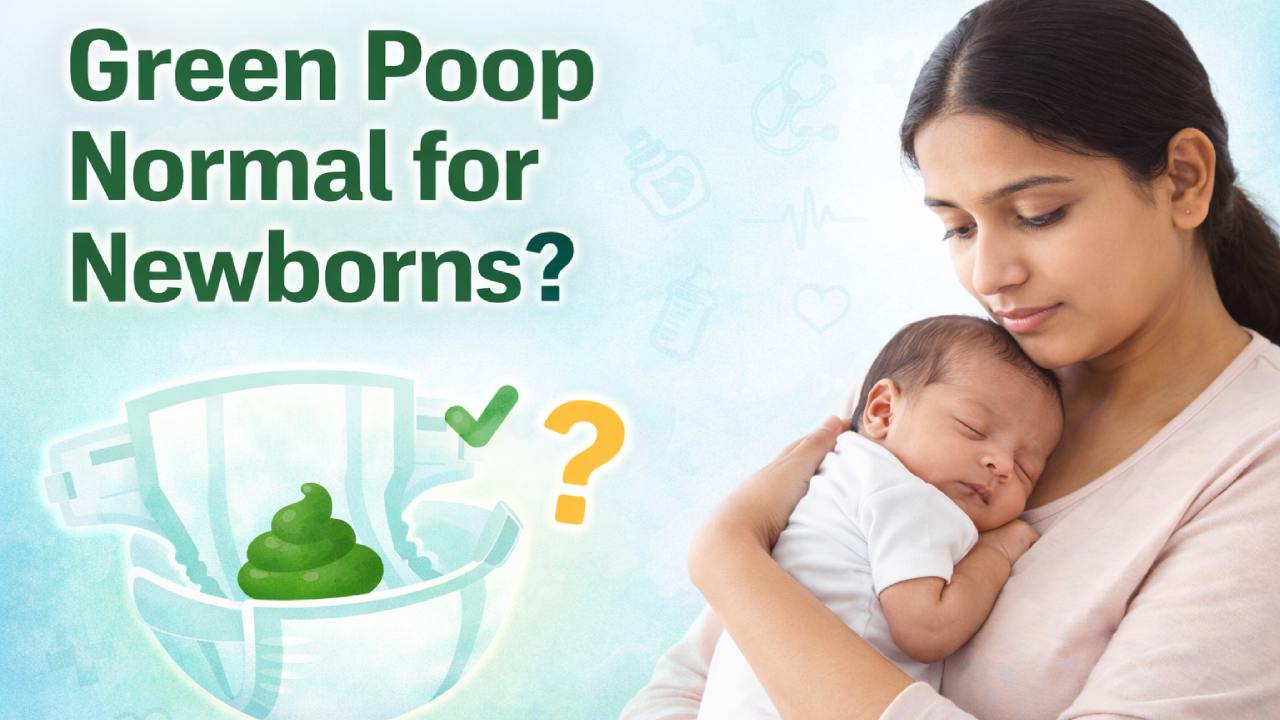What causes Cystitis in the elderly women?
Verified By Dr. Rahul Tiwari | 28-Aug-2024
Cystitis is a typical form of urinary tract infection (UTI), although it specifically denotes inflammation in the bladder. Cystitis can happen to anyone at any age and sex, but it is common in elderly women for many reasons. This article examines why cystitis occurs in elderly women, what are its symptoms and ways to treat it or avoid recurrence. Dr. Rahul Tiwari, Consultant Urologist at Kailash Hospital & Neuro Institute talks about this problem that will educate the readers and commuters who are in need of medical guidance today?
Table of Content
Cystitis — the most common type of urinary system infection, cystitis refers to inflammation in the walls of the bladder that is often due to a bacterial pathogen. This frequent type of urinary tract infection (UTI), mostly in females. In older women, the risk is higher due to various physiological changes and underlying health conditions.
Inductive factors make the elderly woman prone to cystitis, due to which she is predisposed leading infection of urinary tract. Dr. Rahul Tiwari enumerated some of the most common causes as below:
- Lowered Immunity: Age weakens the immune system and older women are prone to infection of this kind.
- Post-Menopausal Changes: After menopause, when a woman's ovaries have stopped producing estrogen and tend to produce less progesterone also, the mucosa of her urinary tract lining becomes thinner. The reduction of protective mucous membranes means that bacteria can then make their way to the bladder, clear a path paste several layers and walls of defense with ease leading urinary infections.
- Combination of several comorbidities including urinary retention: Failure to completely empty the bladder, which is common in elderly women. The bacteria gathers in the bladder and resulting in cystitis.
- Use of Catheters: Due to old age and other medical conditions that bar adults from urinating well, many older people around the world are using catheter systems. The risk of cystitis is increased as catheters may cause bacteria to reach the bladder.
- Limited Mobility: Older women with limited mobility would find it difficult to maintain good hygiene, thus leading to bacterial prospering.
- Chronic Disease: Diabetes, weakened immune system and other chronic diseases that are common in this age group can predispose them to recurrent cystitis episodes.
Also read: Is Your Teen Still Wetting the Bed? Learn What You Can Do Today!
Cystitis symptoms in elderly women must be recognized for proper treatment. According to Dr. Rahul Tiwari such infections should be treated immediately after they show their signs and symptoms of infection. Common symptoms include:
- Frequent Urination: The most common symptom you will likely notice with frequent urination; this one occurs when a feline feels an urgency to pee all the time even without having filled up their bladder full.
- Burning sensation during urination: A burning sensation during urination can also suggest cystitis.
- Foul or Cloudy Urine: If the color and smell of urine changes, this means bacteria are around.
- Lower Abdominal Pain: when you have a bout of cystitis in the bladder, most people will experience some form of lower elevation level tormented or squeezing around this area.
- Fever and Chills: Occasionally, cystitis can advance to a kidney infection marked by fever or chills.
- Confusion: The infection may spread beyond the bladder or travel up to the kidneys, leading to a risk of pyelonephritis as well and is likely in elderly women with cystitis. This is a key symptom to watch for in the elderly, as UTIs can sometimes present with cognitive changes rather than physical discomfort.
To determine if an elderly woman has cystitis, Dr. Rahul Tiwari said doctor will take a medical history and perform a physical exam before proceeding with diagnostic tests:
- Urine culture: A urine sample is tested for bacteria, white blood cells, and other indicators of infection.
- Urine Culture: If bacteria are present, a culture is performed to determine the specific type of bacteria causing the infection.
- Imaging Tests: If a woman has recurrent cystitis, the doctor may want her to have an ultrasound or CT scan of her urinary tract.
If cystitis is diagnosed, it is necessary to begin treatment in a timely manner so that complications do not arise. Treatment — This is what Dr Rahul Tiwari says:
- Antibiotics: Antibiotics are usually recommended to kill off the bacteria that are causing your infection and treat cystitis. What type of antibiotic is to be given depends upon the bacteria isolated in urine culture.
- Drink More: Drinking plenty of water will help to flush out the bacteria from your urinary tract which speeds up recovery.
- Hormone Replacement Therapy (HRT): For post-menopausal women, it can help maintain the health of the urinary tract lining, reducing the likelihood of recurrent infections.
- Catheter Care: Proper hygiene and regular catheter changes are crucial to preventing infections for those who use a catheter.
- Probiotics: A few studies indicate that probiotics, specifically Lactobacillus-based ones support the normal bacteria-league of so-called friendly bugs in your urinary tract thus decreasing infection rates.
Also read: Learn How to Pass Kidney Stones and Prevent Future Ones
Cystitis should, of course be treated, and here the recurrence prevention is as important as the treatment. As for precautionary measures, Dr. Rahul Tiwari suggests:
- Hydration: Drinking enough water all day keeps the urinary tract clear and rid of bacteria.
- Regular Bathroom Visits: Elderly women must not hold the urge to urinate since extended retention of urine can lead bacteria to multiply.
- Personal Hygiene: Taking good personal care, such as after going to the toilet helps prevent bacteria from getting into your urinary tract.
- Avoid Irritants: Such as overuse of bubble baths, deodorant sprays and extreme soaps can upset your urinary tract.
- Regular Check-Ups: Regular visits to a urinary tract infection specialist or urologist will help monitor bladder health and prevent further infections.
If left untreated, cystitis can develop into more serious complications. Dr. Rahul Tiwari urges elderly women to seek medical care if they experience symptoms such as:
- High fever
- Severe abdominal pain
- Blood in the urine
- Confusion or disorientation
If you have these signs, the infection may be up in to your kidney(s) or further into other part of the urinary tract and you need prompt medical intervention.
Cystitis is an easily treatable condition and if diagnosed correctly, treated promptly with appropriate medications and the right lifestyle adjustments can dramatically reduce your recovery time. Knowing what cystitis is and how it happens enables older women to keep their bladders healthy, together with their carers. If you think that sounding like UTI, then do not take it lightly and get consult from doctors. Consult Dr. Rahul Tiwari and their expert team of urologists at Kailash Hospital & Neuro Institute for an array of services in urinary tract infections.
Whether you're experiencing symptoms or simply want to prevent future infections, you now know the importance of early proactive intervention and a happier more comfortable future.



 +91-9711918451
+91-9711918451
 international.marketing@kailashhealthcare.com
international.marketing@kailashhealthcare.com







